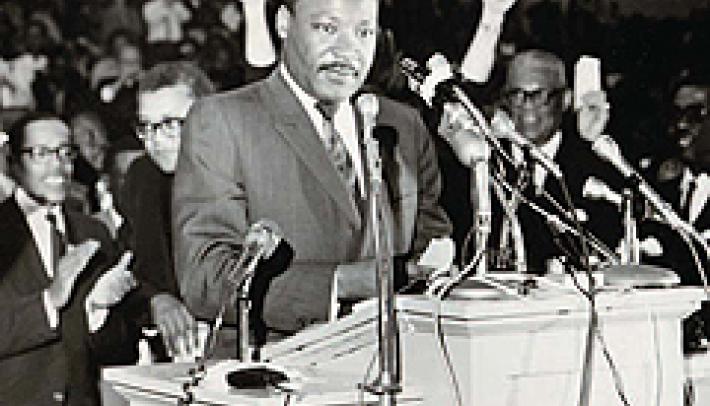collapse >>
Search for Articles
APWU Arbitration Award Secures Grievance Rights for Separated Non-Probationary Employees
July 17, 2025
The APWU has secured a major victory for the rights of non-probationary employees who are discharged without just cause from the Postal Service to file grievances on those discharges and have them heard in arbitration, Industrial Relations Director...
WATCH: APWU President Dimondstein on Ratification of 2024-2027 National Agreement
July 12, 2025
APWU President Mark Dimondstein Addresses the membership on the Ratification of the 2024-2027 National Agreement
APWU-Salmon & Sons Contract Expires End of February
February 28, 2005
The collective bargaining agreement between the American Postal Workers Union and Pat Salmon & Sons is due to expire Feb. 28. The agreement affects more than 500 private-sector mail-haul drivers represented by the APWU.
Private-Sector Workers Prepare for Job Action
February 15, 2005
With their initial contract due to expire at the end of the month, more than 500 private sector mail-haul drivers represented by the APWU are preparing a possible strike against Pat Salmon & Sons in the wake of the company's pronouncement that...
Arbitrator Rules for Union In Major Attendance Case
February 3, 2005
An arbitrator has sustained the APWU’s arguments in two of three outstanding issues in a significant attendance case. In a ruling in late January, Arbitrator Shyam Das said that the Postal Service may not require an employee to describe the nature...
Miller to Chair Postal Panel
January 13, 2005
The USPS Board of Governors has elected James C. Miller III, chairman, and Alan Kessler, vice chairman, for 2005.
“We look forward to working with the new leaders of the Board of Governors and to helping them serve the American people,” said APWU...

Sanitation Workers’ Strike Spurs Cause of Economic Justice
December 31, 2004
During a heavy rainstorm on Jan. 31, 1968, about two dozen Memphis sewer workers — all of them black — were sent home without pay. Their orders came from supervisors — all of them white — who were paid for their day’s work.



